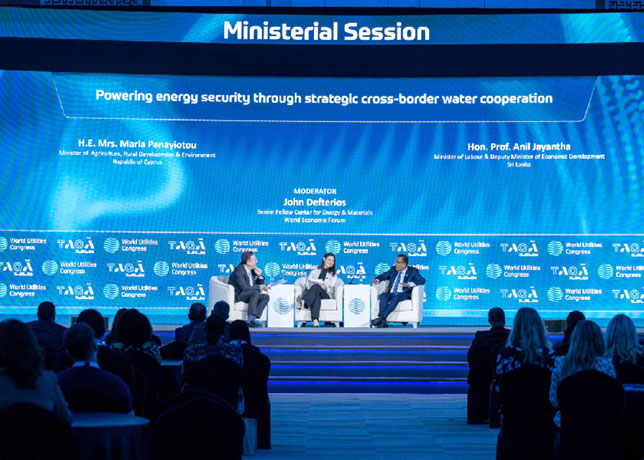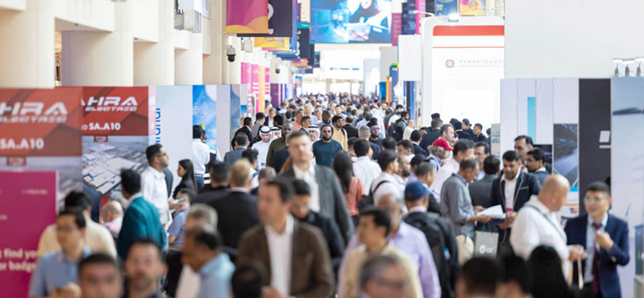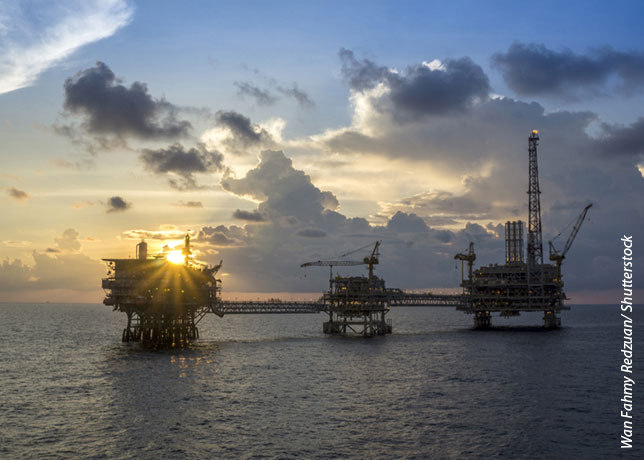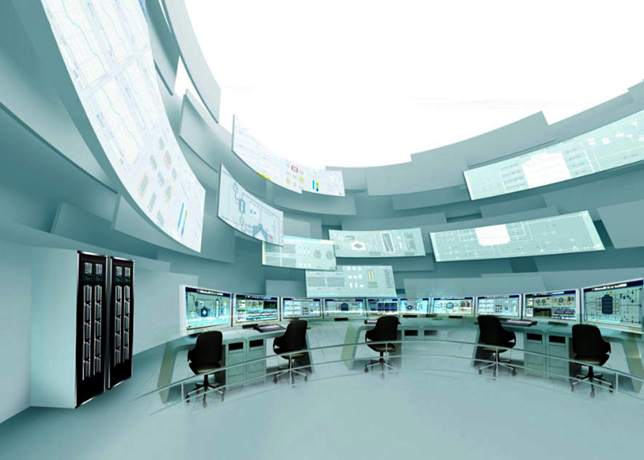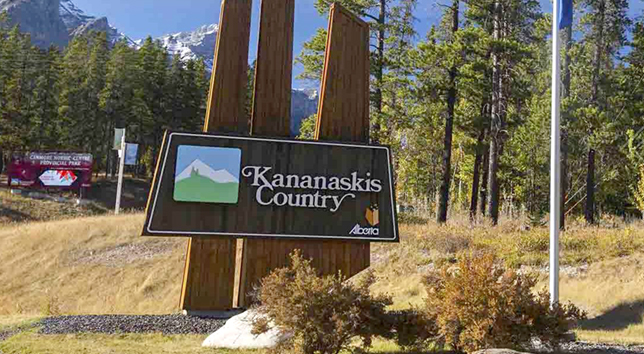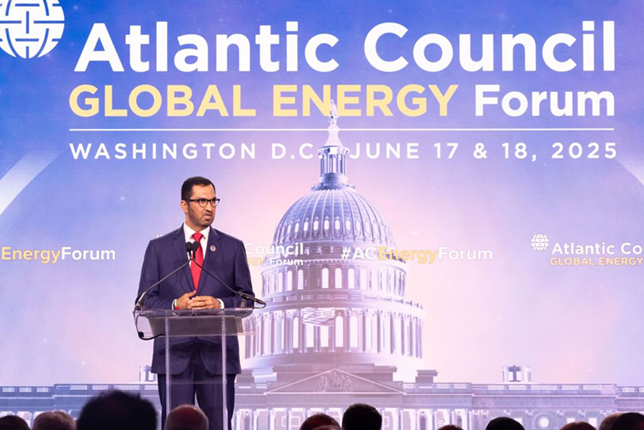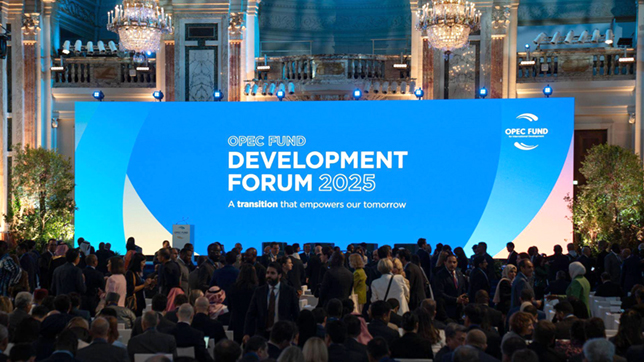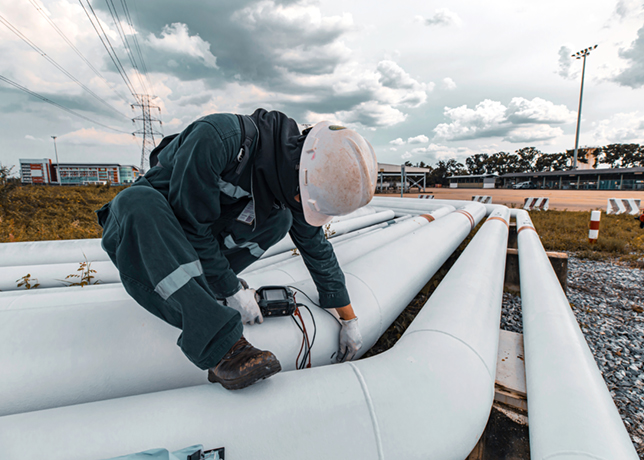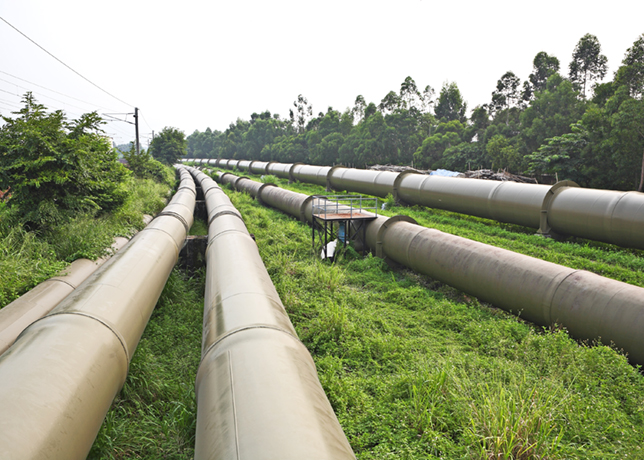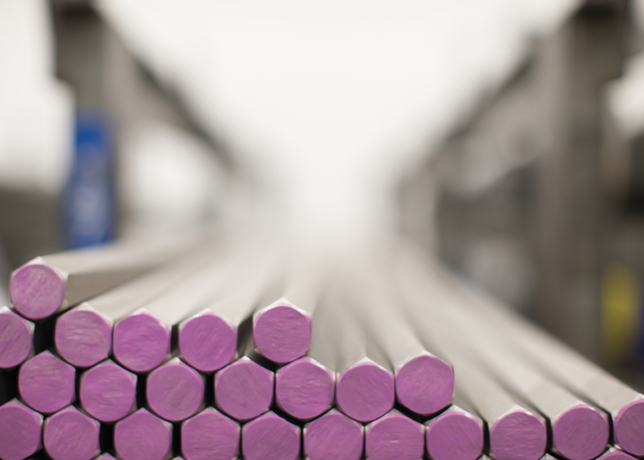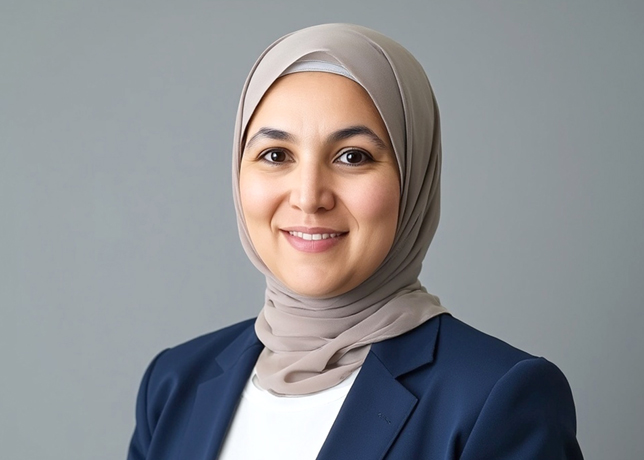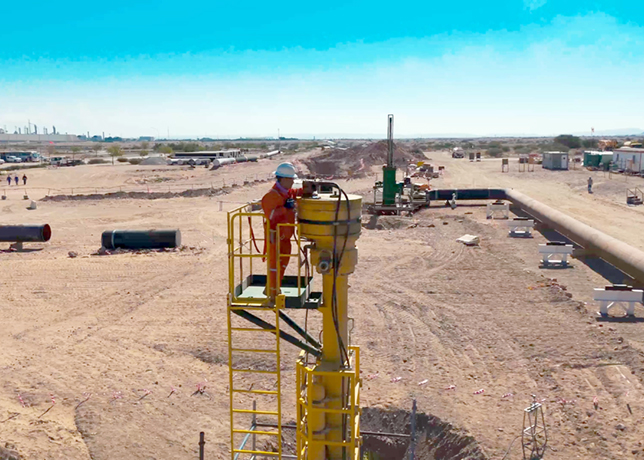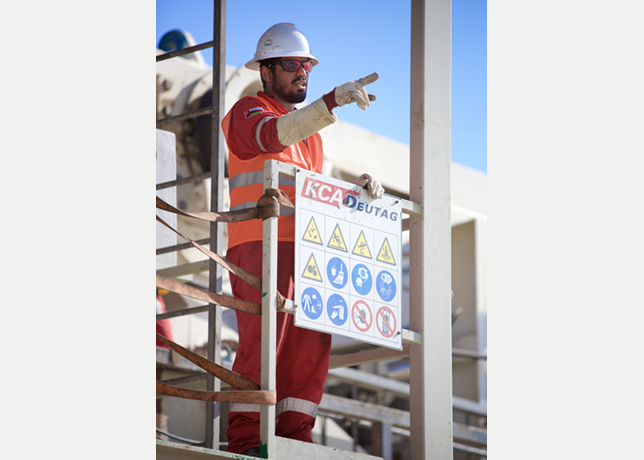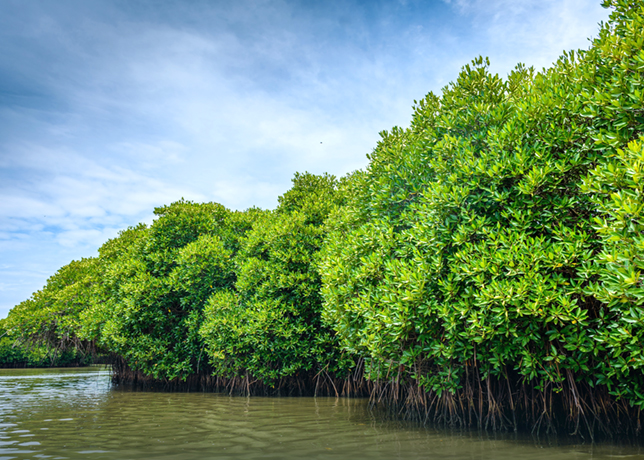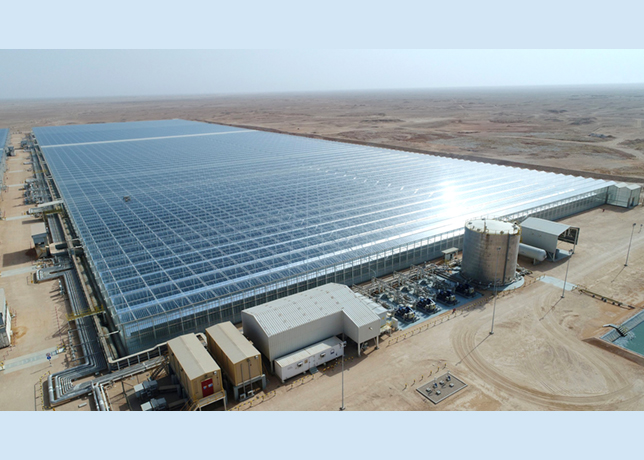

Saudi Basic Industries (Sabic) celebrated its 25th birthday this year with the same relentless spurt of energy that has characterised its industrial growth.
Never a company to rest on its laurels, Sabic marked the occasion by announcing a number of expansion projects and the establishment of an extension to the powerhouses of Jubail and Yanbu.
It also acquired a new home, moving into new headquarters in Riyadh last month.
Earlier this year, Sabic announced that negotiations with Italy's Eni for a joint venture in respect of ENI's petrochemical businesses held by Polimeri Europa SrL would be terminated, a decision that was influenced by, among other things, problems occurring at some of the plants included in the discussion.
Good news soon followed however, and in July this year, Sabic finalised its purchase of Dutch DSM's petrochemicals business
Already the largest petrochemicals in the Middle East, the move is strategically significant as it poises Sabic to become the 11th biggest player in the global field, from its previous place on the 22nd rung.
In 2001 DSM Petrochemicals generated sales of Euro 2.4 billion. It annually sells about 2.6 million tonnes of polymers, mainly in Europe.
The move will establish Sabic as the third and fourth global player in the polyethylene and polypropylene businesses respectively.
Following the acquisition of DSM Petrochemicals which has subsequently been renamed SABIC EuroPetrochemicals earlier this year, this arm contributed SR2.5bn (US$666.67m) to total Sabic sales in the third quarter - a figure that equates roughly to ten per cent.
With these figures now consolidated into the company's balance sheet, Sabic enjoyed quarterly profits of SR1.054 billion (US$281.07 million), an increase of 55per cent compared with the previous quarter.
The figure also represents an increase of SR 2.039 bn (US$543.73m) or nine per cent, over profits last year.
Total sales for the first three quarters of this year also experienced a three per cent increase over the same period in 2001.
Meanwhile, production in the first three quarters of 2002 increased to 30.3 million metric tons compared with 26.3 million metric tons in the same period of 2001.
The figures are the result of an increase in sales volumes, petrochemical prices, and oil prices.
To further improve on its business model and to secure a stronger competitive position in the global petrochemical industrySabic plans to establish six strategic business units - Basic Chemicals, Intermediates, PVC and Polyester, Polyolefins, Fertilizers and Metals with the addition of Global Businesses and a Shared Services Organization.
The firm also had vested interests in a gas initiative, a $25 billion plan to exploit the country's vast reserves of nonassociated gas, with the help of European partners, a plan that is now ridden with complications.
But as Sabic itself says, as a world class petrochemicals producer that is now ranked 11th in the world, it is confident of its ability to go it alone, if needs be, without foreign aid.
The Saudi Crown Prince Abdullah Bin Abdul Aziz recently inaugurated a host of projects that would pump more than SR 35 billion ($9.3 billion) into the national economy.
They included petrochemical companies, a steel plant, a technology research centre and a human resources training centre.
The foundation stone of Jubail United Petrochemical Co (UNITED) was also laid, as a first step of the factory's construction.
US' Halliburton-KBR had been selected to carry out the main EPC package at United, the ethane cracker.
The factory's cost has been estimated at SR 8 billion and it is expected to be completed sometime in 2004.
It will produce almost six million tonnes of ethylene and polyethylene and will employ about 650 workers.
The plant is planned to start production in mid-2003.
Sabic is building the plant in Jubail through its fully owned subsidiaries Jubail United Petrochemical Company (United) and the Arabian Petrochemical Company (Petrokemya).
Expansion projects of existing plants have also been approved, ranging from expansions planned for Jubail Petrochemicals (Kemya), to Saudi Arabian Petrochemical Co. (Ibn Zahr), at a cost of SR 13 billion.
Earlier this year, UNITED, a wholly owned affiliate of Sabic awarded engineering services, construction and procurement contract of its ethylene glycol plant to a Japanese firm , Toyo Engineering Company who beat off competition from France's Technip-Coflexip and South Korea's Samsung Engineering Corporation.
The $220 million project considered to be the largest of its kind in the world, with annual apacity of 630,000 mt of ethylene glycol is likely to be completed within 28 months.
UNITED's other plants include ethylene with annual capacity of 1,000,000 million tonnes and linear alpha olefins (LAO) with annual capacity of (150,000) million tonnes.
In addition, the UNITED complex possesses 50 per cent of the Petrokemya polyethylene plant (under construction) having an annual capacity of 800,000 million tonnes.
It will gain feedstock from the one million-t/y ethane cracker at the complex, and will also be used to feed the 150,000-t/y (tonnes per year) alpha olefins unit.
Meanwhile, Linde won $93 million worth of work from Sabic this year.
In May, it was selected against international competition to carry out a contract for the National Industrial Gases Company (GAS), a partly owned affiliate of Sabic.
GAS already has a capacity of 5,600 t/d (tonnes per day) at its Jubail and Yanbu plants, and is the Middle East's largest supplier of industrial gas.
Established in 1983, it is a 70:30 joint venture between Sabic and a group of local investors.
The expansion of its plant follows on from a deal it struck in 2000 with the US' BOC Gases to supply krypton and xenon for refining.
The largest Sabic project of the year is set to be the 2 million-t/y expansion of Saudi Fertiliser Company (Safco).
Estimated to cost between $400 million-500 million, the project will entail the installation of two new lines, with a capacity to produce about 1 million t/y each of urea and ammonia.
It will take total Safco capacity to 1.2 million t/y of ammonia and 1.5 million t/y of urea at its Dammam and Jubail locations.
The new capacity will be installed at the Jubail complex.
The five expected bidders for the project are Halliburton, Toyo, Germany's Krupp Uhde, Japan's Chiyoda Corporation, and a consortium led by MHI, with Italy's Snamprogetti.
The expansion project will make Sabic the world's largest producer of granular urea.
Sabic also plans to build a methanol plant, estimated by independent experts to cost some $350 million.
The plant, to be situated in Jubail Industrial Zone, eastern Saudi Arabia, will be built through Saudi Methanol Company (Al Razi), which is an equally owned joint venture of Sabic and Japan Saudi Methanol Company.
The plant is expected to have a daily capacity of between 3,500 tonnes and 5,000 tonnes and will be Al-Razi's fifth methanol plant.
Al-Razi, which started production in 1983, currently has an annual capacity of 3.2 million tonnes.
This spurt of expansion is Sabic's reply to the predicted leap in demand for petrochemical products in Southeast Asia.
While Saudi banks accounted for the bulk of loans extended to Sabic to finance its first and second expansions, the country is now turning to US banks for loans for its third phase -loans that could also come in handy for its overseas acquisitions.
The simultaneous burst in capacity however poses the risk of overcapacity and product duplication - a threat that can only be overcome through cooperation between business units, companies, and on a more macro level, the oil producing states themselves.
As the Kingdom pushes to join the World Trade Organisation (WTO) and in the light of the planned pan-Arab Free Trade Zone for 2007, Sabic must actively work to prevent destabilisation in the markets.










